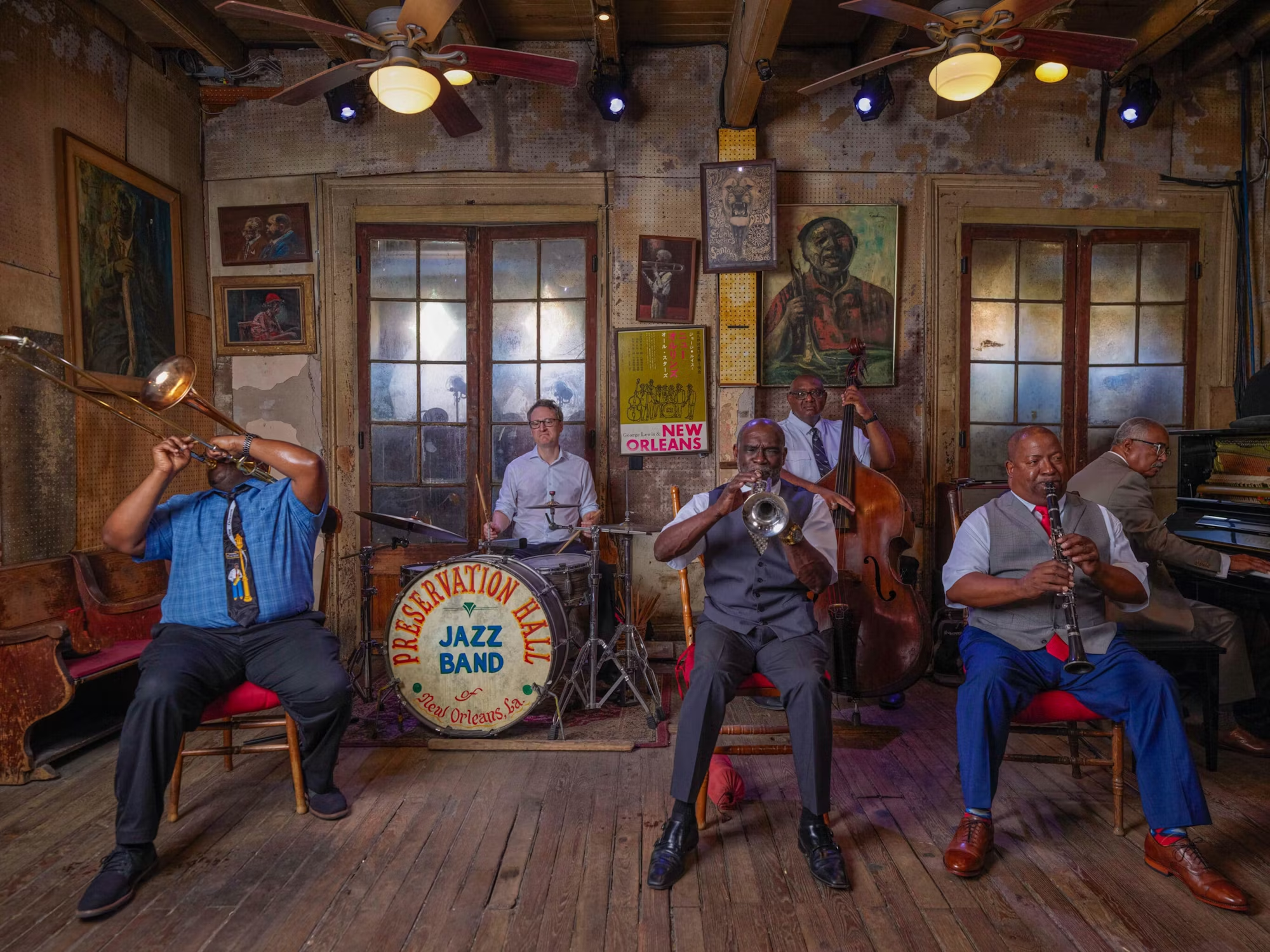Music is an intrinsic part of human culture, serving as both a reflection of society and a powerful force for change. Its influence extends beyond mere entertainment; music shapes cultural identities, drives social movements, and fosters individual expression. This article explores the profound ways in which music interacts with culture and society, highlighting key examples and themes throughout history.
The Cultural Significance of Music
From ancient rituals to modern concerts, music has always played a vital role in cultural expression. It serves as a medium for storytelling, helping to preserve traditions and convey shared experiences. For instance, folk music often captures the essence of a community’s history, values, and struggles, passed down through generations.
Different cultures have developed unique musical styles that reflect their social norms and lifestyles. For example, African drumming traditions emphasize community and communication, while classical Western music often focuses on individual virtuosity and compositional complexity. These differences highlight how music can serve as a mirror to the society from which it originates.
Music as a Tool for Social Change
Throughout history, music has been a catalyst for social change, providing a voice for the marginalized and sparking movements for justice. The civil rights movement in the United States is a prime example, where songs like “We Shall Overcome” became anthems of hope and resilience. Music not only united activists but also raised awareness of social issues, galvanizing public support for the cause.
Similarly, protest songs have emerged in various contexts worldwide, from Bob Dylan’s anti-war anthems to the powerful chants of the Arab Spring. These songs resonate with listeners, conveying emotions and messages that words alone may struggle to express. They serve as rallying cries, inspiring action and solidarity among those fighting for change.
The Evolution of Music Genres and Cultural Exchange
As societies evolve, so do their musical expressions. The cross-pollination of musical genres has led to the creation of new styles that blend influences from different cultures. This fusion enriches the global music landscape, showcasing the interconnectedness of humanity.
For example, reggae music originated in Jamaica, drawing from African rhythms and American jazz influences. Its messages of resistance and unity resonated worldwide, influencing genres such as punk and hip hop. In turn, hip hop has emerged as a global phenomenon, incorporating diverse elements from various musical traditions and addressing social issues on an international scale.
The Role of Music in Identity Formation
Music is often intertwined with personal and cultural identity. It allows individuals to express their unique experiences and connect with others who share similar backgrounds. Many people find solace in music, using it as a means to navigate their emotions and forge connections with their cultural heritage.
For instance, Latin music has seen a surge in popularity in recent years, with genres like reggaeton and salsa gaining international acclaim. These styles celebrate cultural pride and heritage, allowing artists and listeners alike to embrace their roots. Through music, individuals can explore their identities while fostering a sense of belonging within their communities.
The Impact of Technology on Music and Society
The advent of technology has dramatically changed how music is produced, consumed, and distributed. From the phonograph to streaming services, each technological advancement has reshaped the music industry and its relationship with society. Today, listeners can access a vast array of music from around the world at their fingertips, breaking down geographical barriers and fostering cultural exchange.
Moreover, social media platforms have transformed how artists engage with their audiences. Musicians can share their work directly with fans, building communities and sparking conversations around their music. This increased accessibility has democratized the music industry, allowing independent artists to thrive and share their unique voices.
Music as a Form of Healing and Connection
In addition to its cultural and social significance, music holds therapeutic potential. It has been used in various contexts to promote healing, enhance well-being, and foster connection among individuals. Music therapy has gained recognition for its ability to support mental health, aiding in the treatment of conditions such as anxiety, depression, and trauma.
Group music-making, whether in community settings or therapy sessions, fosters social connections and provides a sense of belonging. Singing together, playing instruments, or simply sharing music can bridge gaps between people, creating a shared experience that transcends language and cultural differences.
The Future of Music and Its Cultural Impact
As we look to the future, the role of music in culture and society is likely to continue evolving. Emerging technologies, such as virtual reality and artificial intelligence, are opening new avenues for musical expression and consumption. These innovations have the potential to reshape how we experience music, creating immersive environments that deepen our connection to sound.
Furthermore, as global challenges persist, music will likely remain a powerful tool for advocacy and social change. Artists continue to use their platforms to raise awareness about pressing issues, mobilizing audiences to take action. The intersection of music and activism will undoubtedly play a crucial role in shaping cultural narratives in the years to come.
Conclusion
Music is a universal language that transcends boundaries, connecting people across cultures and generations. Its influence on society is profound, shaping identities, driving social movements, and fostering community. As we navigate an ever-changing world, the power of music to inspire, heal, and unite will remain a vital force in our lives. By recognizing and celebrating the cultural significance of music, we can appreciate its role as a reflection of our shared humanity.

